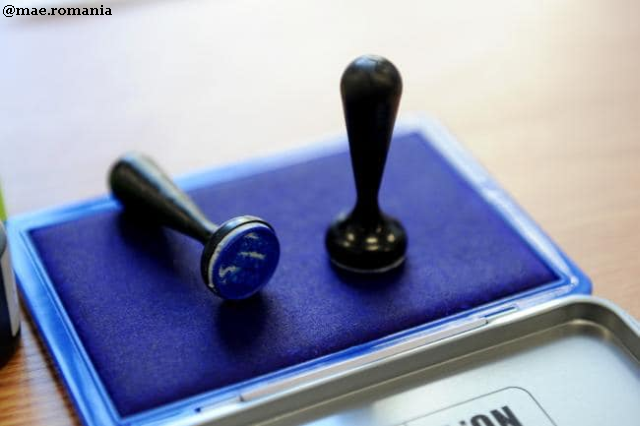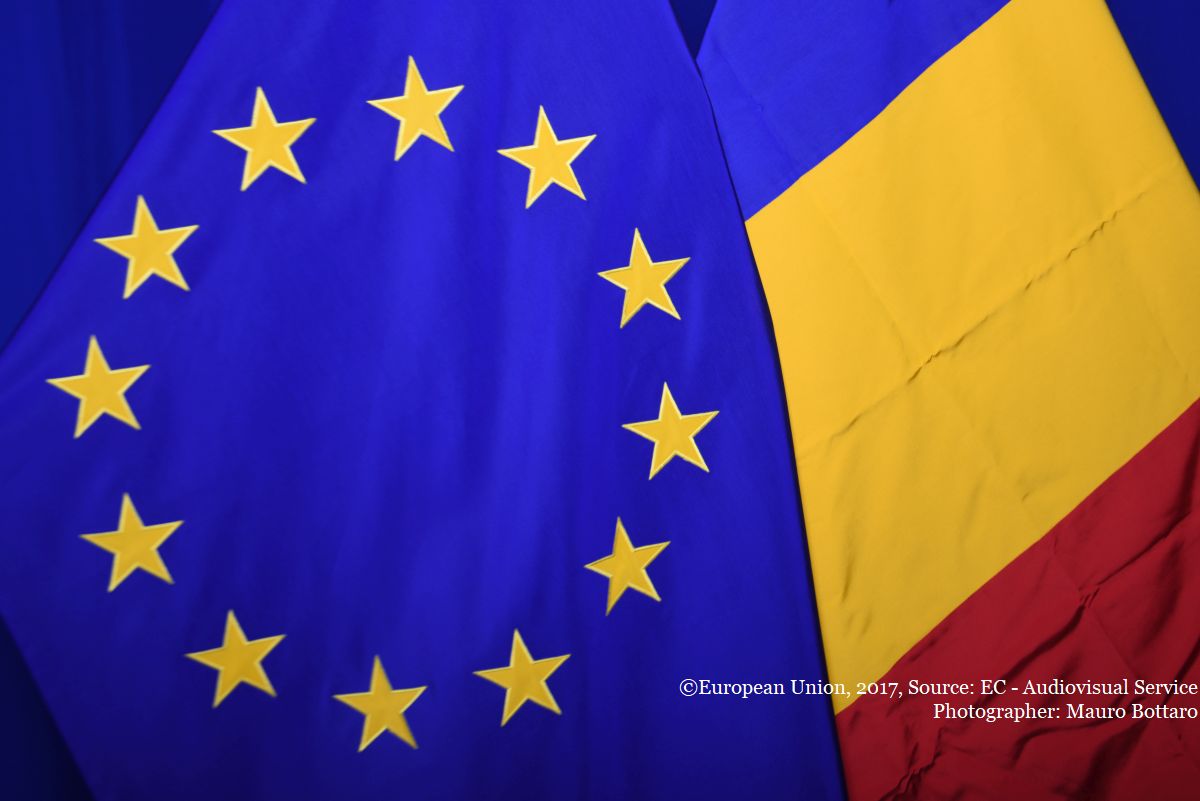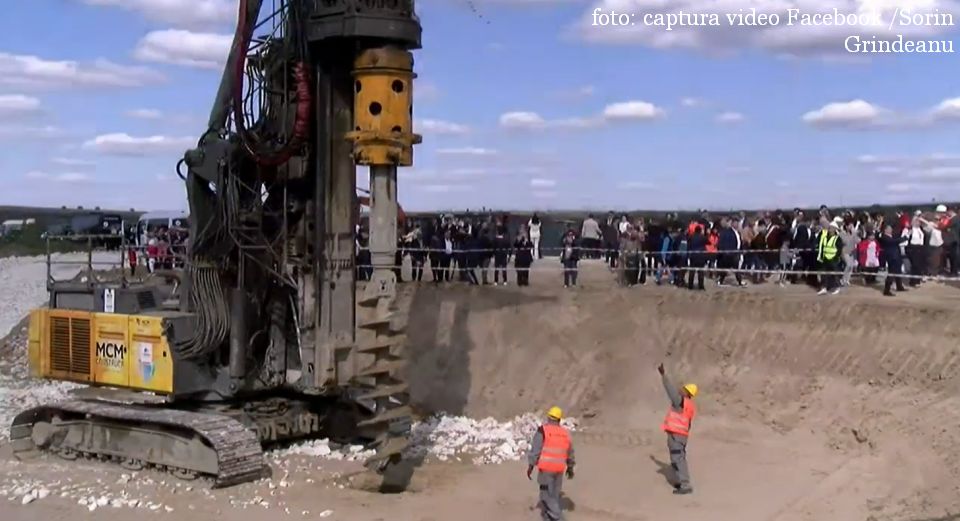Romanians’ opinion on merging the elections
The elections due this year in Romania are already making headlines.

Bogdan Matei, 21.02.2024, 14:00
In three and a half decades of Romanian post-communist democracy, 2024 is a very special year. It is the first in which all four possible types of elections are held: for the European Parliament, local, legislative and presidential. The latter will most likely see two rounds of voting. In other words, the electorate will be asked to go to polls five times in several months, which, according to many, risks amplifying voters’ boredom with politics. Another important element is the high costs with logistics and staff at the polling stations. That is why the idea of merging some of the elections has become viable – that is, holding local elections concurrently with the ones for the European Parliament, already set for June 9, and/or the elections for the local parliament on the same date with one of the presidential rounds, scheduled towards the end of the year.
There are people, however, who find the idea of merging the elections at least bizarre because, they say, voting on the same day for the European Parliament and for the local mayor will inevitably alter the electoral debate, by mixing the famous and increasingly unpopular Green Deal promoted by Brussels, for instance, with the holes in a village’s pavement.
Nevertheless, 50% of Romanians would agree with merging the elections, while a third see it as a bad idea, according to data of a CURS survey made public on Tuesday. As regards the voting intention, if the European Parliament elections were held next Sunday, the PSD (the main party of the ruling coalition) would get 31% of the votes, followed by the PNL (also in power) and AUR (the nationalist opposition) – with 20% each. Also from the opposition, the United Right Alliance (formed by the parliamentary party USR), PMP (founded by former president Traian Basescu) and the Force of the Right (a liberal dissidence headed by former PM Ludovic Orban) would get 13%, a little bit more than the present political result of USR. The populist party SOS Romania (founded by the noisy senator Diana Sosoaca who had been expelled from AUR three years ago) and UDMR, a junior partner in a number of former ruling coalitions on the right and left side of the political spectrum, would fall below the electoral threshold of 5%.
If PSD and PNL had joint lists of candidates for the European Parliament elections, they would get 50% of the votes, according to the recent CURS survey, conducted on a representative sample and with an error margin of +/- 3%.
This is, as sociologists and journalists would say, the picture of the moment. However, what all sociological reports have been indicating for more than 20 years is that in a ranking of the institutions that Romanians trust the most, the Army, the Church and the Academy come first while Parliament and political parties are always on the last two places. (EE)






























